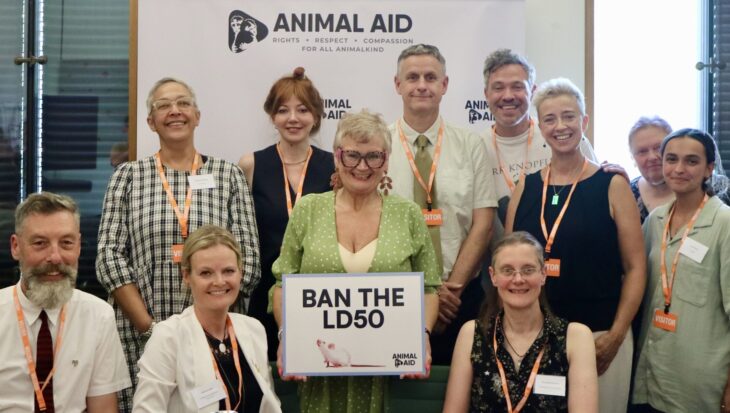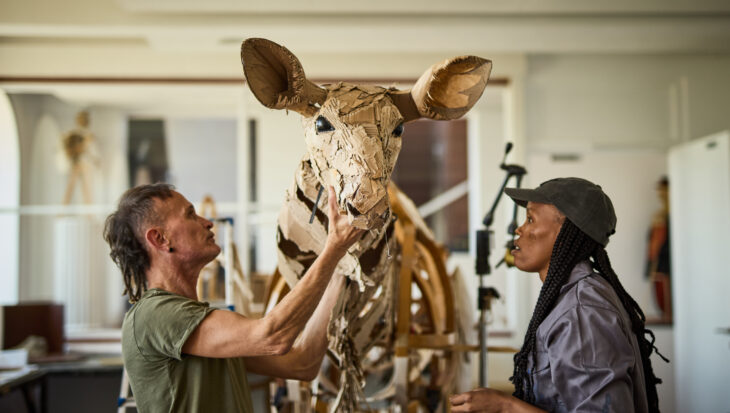Animal Aid in parliament to discuss ending animal tests
Yesterday, Animal Aid hosted a roundtable in Westminster, to meet with MPs and other invited guests to discuss the ending the LD50 and other animal tests.
Posted 02 Jul 2025

Posted on the 1st December 2010
Deadly E.coli outbreak strikes babies in hospital.
A potentially lethal strain of the E.coli bacteria has been discovered on the skin of 13 newborns in a premature baby unit at a London hospital. The ESBL strain, which is far more dangerous than the type that causes food poisoning and is resistant to antibiotics, was first found on a British farm in 2008. It is now circulating on more than one in three British dairy farms because no measures were taken by the Government to try to contain the superbug. The infection affects about 30,000 people each year, causing 2,500 cases of blood poisoning. It is thought it first entered Britain on imported chickens.
More than 700 types of E.coli have been identified. They are mainly harmless and inhabit the intestinal tract of people and other warm-blooded animals but a few strains, including the notorious O157:H7, can be deadly.
O157:H7 is found in the guts of many animals, but mainly cows. The increased number of human cases has been attributed to the intensification of farming practices and the consequent widespread use of antibiotics. Studies in France, Sweden and Canada have identified a positive correlation between the cattle density of an area and rates of human infection.
E.coli O157:H7 can cause a range of symptoms in people, from mild diarrhoea to severe abdominal pain. In a proportion of patients (2-7%), it can lead to kidney failure. Consuming contaminated beef products is the most common source of infection, but the disease can be spread by any food or drink that has been tainted by animal manure.
The majority of UK farmed animals are crowded inside filthy, barren sheds – the perfect breeding ground for viruses and bacteria. As always, when animals are exploited, people also pay a price.
Says Animal Aid Campaigner, Kelly Slade:
‘This latest E.coli health worry is one more reminder that we must reconsider our treatment of our fellow sentient beings because of the effect their abuse and exploitation has, not only on their welfare, but on the health of people too. Each one of us can take a simple but important step to reduce the harm and hazard: adopt an animal-free diet.’
Yesterday, Animal Aid hosted a roundtable in Westminster, to meet with MPs and other invited guests to discuss the ending the LD50 and other animal tests.
Posted 02 Jul 2025

Have you heard? A breathtaking arts initiative, ‘The Herds’ will be arriving in London this Friday.
Posted 27 Jun 2025
